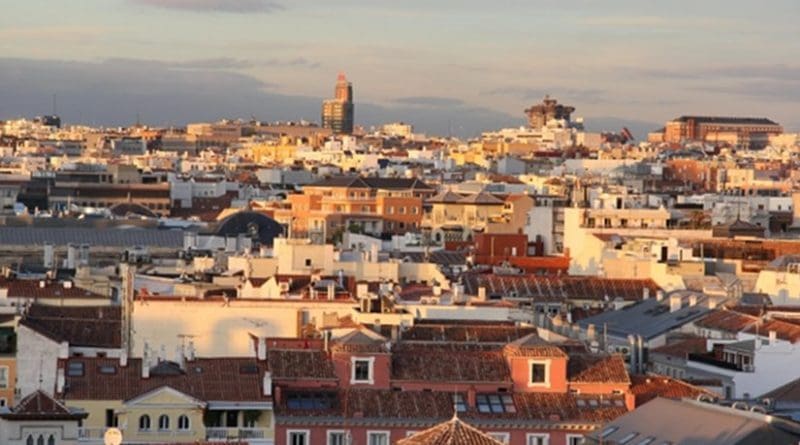Spain: Bans Cutting Off Electricity To Most Vulnerable Households
Spain’s Council of Ministers has approved a Royal Decree-Law establishing a new mechanism to finance the electricity bono social (special discount rate) and several measures to protect consumers, particularly focusing on the most needy.
Spain’s Minister for Energy, Tourism and Digital Agenda, Álvaro Nadal, highlighted that the text, which will have to be approved by the Lower House of Parliament, derives from the agreement reached between the different political forces to resolve “a highly complex problem”.
Firstly, the new legislation guarantees the financing of the bono social, which at present consists of a 25% discount in the final electricity bill, which some 2.3 million households benefit from, including families with all their members unemployed, those receiving minimum pensions, large families and consumers with less than 3 kW of power contracted.
According to the minister, the bono social was paid by the parent companies of those electricity suppliers who were integrated in large groups – 94% of the market – but the Supreme Court ruled back in October that this system was discriminatory because it did not include the other 6% of suppliers.
The new legislation approved last Friday includes 100% of the supplier market that operates in our country, such that the parent company or, in their absence, the supply company itself will cover this special discount rate. Hence, the electricity sector will continue to pay for this special discount, underlined Álvaro Nadal.
Now that the financing is guaranteed, the Royal Decree-Law introduces various new features so that the government, through its regulatory development, can heighten the protection of electricity consumers.
Firstly, it provides the possibility for a broader definition of ‘vulnerable consumer’. While 7 million people form part of this category at present and receive the same 25% discount in their invoice, this may be divided in the future into different groups, according to income, and thus receive different levels of aid. This change will come into force, according to Álvaro Nadal, “as soon as we approve the legislation, which must be discussed and debated by the political forces because this is an incredibly sensitive issue”.
Secondly, the period for cutting off the electricity supply to certain consumers is increased from two to four months, “in categories still to be determined”, pointed out the minister. In the case of households in a situation of particular vulnerability, those that are attended by social services, the new legislation establishes a ban on cutting off the supply.
Álvaro Nadal specified that when an electricity company finds itself with an unpaid debt, it must immediately notify the consumer, which is not obligatory at present. From that point on, a period of two to four months will elapse, depending on the category of consumer, before the supply can be cut off. Electricity companies will have to contact the social services department of the corresponding regional government to ascertain whether it is a consumer in an extremely vulnerable situation; should this be the case, it may not cut off the supply. The regional government or local authority will take over the payments and debts, which will be co-financed by the bono social.
This Royal Decree-Law also improves the conditions of the supply to consumers as a whole, particularly through the creation of an indicator that will allow them to compare the different offers available, as takes place with mortgages in the financial sector.
Álvaro Nadal recalled that the process to implement this will need to pass through the hands of the European Commission, the National Markets and Competition Commission and the Council of State. The government, he remarked, will try “to discuss these developments with the other political forces as soon as possible and ensure that the system is operational in the near future”.

